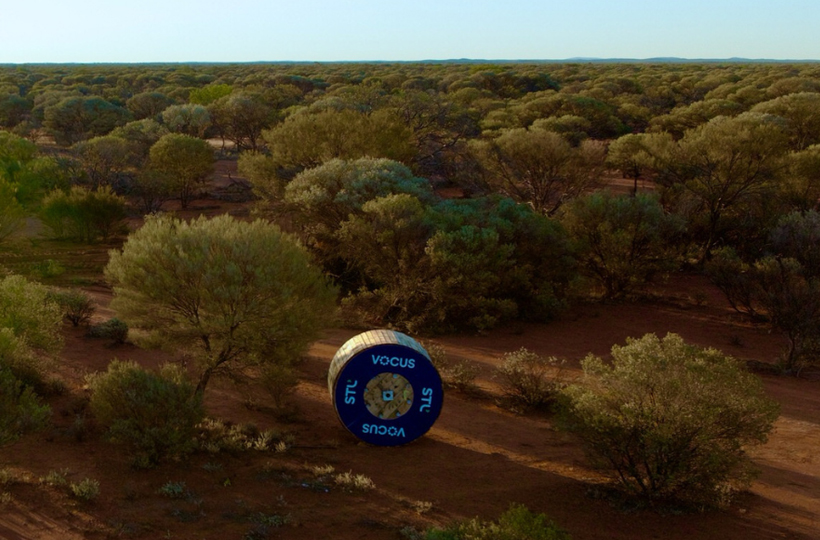Australia’s vast landscape is as beautiful as it is unforgiving
From the scorching heat and relentless bushfires in the summer months to the intense floods that follow, maintaining one of the largest telecommunications networks in the country is no small feat. The environment throws up challenges that require a resilient approach to keep people connected, and at the heart of this challenge is the adoption of innovative solutions and robust incident management strategies.
Navigating harsh conditions: A battle against nature
Australia is no stranger to extreme weather. Each year, we face the increasing threat of bushfires during the hot, dry summer season. These fires can decimate large areas of land, destroying not only homes and wildlife habitats but critical infrastructure. Telecommunications equipment is particularly vulnerable, with fire damage sometimes rendering entire regions without connectivity.
But it doesn’t stop with fire. In the same season, floods often strike, especially in northern parts of the country. Torrential rains can wipe out roads, bridges, and the fiber-optic cables that form the backbone of our communications network. Power outages that accompany these disasters compound the difficulty of keeping networks operational. The sheer size of the country and the remoteness of some affected regions make it even harder to restore connectivity quickly.
The AIIMS Incident Management System: Keeping us ahead of the storm
One of the key strategies we've adopted to respond to such environmental crises is the Australasian Inter-Service Incident Management System (AIIMS), an incident management framework designed to streamline communication and decision-making during emergencies. Originally used by emergency services, AIIMS has become vital for telecommunications teams, providing a structured and scalable approach to handling disasters.
AIIMS helps us by clearly defining roles and responsibilities, ensuring that communication across teams is seamless. During a bushfire or flood event, this means we can mobilise our resources faster, prioritize the areas that need attention first, and provide real-time updates to affected communities. The system also enables us to collaborate effectively with emergency responders and local authorities to ensure safety while restoring critical network infrastructure.
Resilience and innovation: Beyond just incident response
While disaster response is critical, it’s equally important to build resilience into the network from the ground up. Our strategy involves a mix of preventative maintenance and forward-thinking design. For example, we are constantly upgrading infrastructure to withstand the challenges of fire, floods, and extreme temperatures. Where possible, we armour buried cables to protect them from both fire and flood damage, and our regeneration sites are being reinforced to better withstand environmental wear and tear.
Additionally, we are investing in backup power solutions such as solar-powered sites, battery storage and on-site generators to ensure that networks remain operational even when the primary power grid goes down. These innovations are crucial, especially in rural and remote areas, where access to power can be limited at the best of times and even more difficult during emergencies.
A team effort: Collaboration across the sector
Keeping Australia’s telecommunications network online is not a solo effort. It requires the collaboration of multiple players across the industry. From equipment vendors to local government agencies, working together is key to overcoming the challenges presented by Australia’s tough environment. Industry forums and steering committees provide essential platforms where leaders can share insights, best practices, and coordinate their response to future crises.
In this industry, no two days are the same. What remains constant is our commitment to keeping Australia connected, no matter what nature throws our way. By continually improving our incident management strategies and investing in resilient infrastructure, we aim to ensure that even in the most challenging conditions, Australians can rely on the telecommunications services they depend on.

